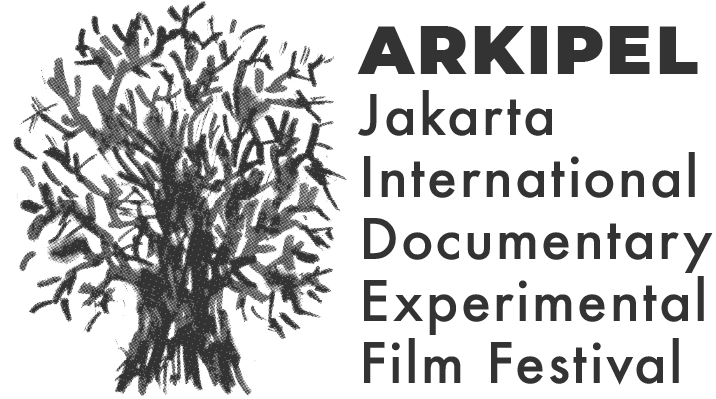Acara dimulai pada hari Minggu, 2 Desember 2022, menjadi pembuka acara ARKIPEL pada hari itu. Acara dimulai pada 13:04 dan dibuka oleh host dan kurator kurasi Pertanyaan Tidak Mendesak dan Penelitian Telaten Lanjutannya, Otty Widasari (seniman, penulis, kepala selektor ARKIPEL). Dia menjelaskan film yang akan ditayangkan pada program ini dan makna dari judul program tersebut. Film yang ditayangkan adalah Prism yang disutradai oleh An van Dienderen, Eléonore Yameogo, dan Rosine Mbakam.
Film yang dirilis pada tahun 2021 ini dipusatkan pada percakapan dalam video call Skype, saat ketiga sutradara film ini mulai berbincang tentang warna kulit gelap dan fotografi. Isu dalam film digambarkan oleh Otty sebagai pertanyaan yang tidak mendesak, namun menjadi menarik karena penelitian telaten yang melanjutkannya. Film ini bertanya apakah kamera yang terkalibrasi hingga sekarang mendiskriminasi kulit yang berwarna gelap. Menurut Otty, diskriminasi tersebut secara dasar sudah ada pada subjek yang meneropong.
Tetapi selama film berkembang, tesis ini berkembang juga. Tesis menjadi menarik dan tajam melalui penelitian teknis dan latar belakang sejarah yang dijelaskan. Dalam salah satu adegan di film ini, seorang tokoh menceritakan anekdot tes pensil di Afrika Selatan yang menerapkan apartheid, di mana penduduk harus menusukkan pensil ke rambut mereka untuk melihat apakah pensil tersebut tertahan atau jatuh dalam rambut mereka. Hasil dari tes tersebut menentukan ras orang itu. Anekdot ini dikomparasikan pada kamera dalam memproses warna kulit, kamera sebagai teknologi yang tidak menyadari latar belakang dari subjek. Kamera sebagai teknologi yang dilandasi sejarah ketidaksetaraan ras diuji secara teknis, bagaimana bias yang kolonial sebenarnya tidak inheren dalam kamera itu sebagaimana dicontohkan dalam film-film yang mengambil subjek kulit hitam dengan indah. Tetapi bias tersebut ditunjukan melalui reaksi kamera pada terang-gelap objek yang menghasilkan warna tertentu. Kamera tidak hanya teroptimasi pada pengambilan gambar kulit putih. Rasisme disini berada pada teknologi yang ditujukan untuk mengadakan ketidaksetaraan. Untuk menentukan manusia tanpa menyadari latar belakangnya. Penayangan selesai pada 14:21 dan diakhiri dengan tepuk tangan oleh penonton. Acara tidak dilanjutkan dengan sesi diskusi, penonton keluar dari tempat penayangan untuk menunggu program selanjutnya dimulai.
The program was screened on Sunday, December 2, 2022, being the first film screened in ARKIPEL – Jakarta International Documentary and Experimental Film Festival that day. The event begins at 1:04 p.m. and is opened by host and curator of An Unecessary Question and Its Further Attentive Research Otty Widasari (artist, writer, head selector of ARKIPEL). She explained the film that would be screened on this program and the theme of the curation. The film shown is titled Prism, directed by An van Dienderen, Eléonore Yameogo, and Rosine Mbakam.
Released in 2021, the film is centered upon a conversation in a Skype video call where the directors of the film started talking about dark skin color and photography. Otty Widasari explained the issue of the film as questions that are not urgent, but it becomes compelling because of the painstaking research that follows. The issue in the film is explained by Otty as questions that are not urgent but become compelling because of the painstaking research that continues on them. This film asks whether cameras that have been calibrated through ages discriminate against dark skin. Otty thinks that this discrimination already exists in the subject who was observing.
But as the film develops, the thesis develops too. The thesis becomes interesting and sharp through technical research and historical background that are explained. In one of the scenes in this film, a character told an anecdote about the pencil test in South Africa, in which the people there had to stick a pencil in their hair to see whether it stays there or falls. The result of the test decides the race of the person. This anecdote is compared to the camera, a technology that processes skin color, the camera as a technology that is not aware of the historical background of the subject. They perform a color test to show how the colonial bias was actually not inherent in the camera. As exemplified in films that take dark skinned subjects beautifully, the discrimination that exists is shown through the camera’s reaction to the light and darkness of objects that produce certain colors. The camera is not only optimized for shooting white people, the racism here is much deeper. That through technology humans can be dehumanized, technology that is intended to hold inequality to determine humans without realizing their background. The screening finished at 2:21 p.m. and ended with applause. The program was not followed by a discussion session and the audience left the screening area to wait for the next program to begin.


